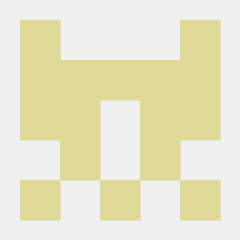RWX XML-RPC Object-Binding API
RWX is a set of APIs for dealing with XML-RPC interactions in Java. It offers an annotation-based object-binding API for Java objects.
It uses Java Annotation Processor API to generate parser/renderer Java source files according to RWX annotations. The top-level RWXMapper uses those generated classes under the hood.
You will need four steps to use RWX:
- Create model classes according to your XML-RPC req/response format.
- Annotate model classes with RWX annotations.
- Generate sources from annotated classes (an example POM is provided in the
rwx-testmodule). - Call
RWXMapper.render/parsemethods to convert between XML-RPC req/resp strings and Java objects.
The first two steps can be simplified by binding a field to java.lang.Object if you do not know the exact Java type. In such cases, RWX will bind a List/Map based data structure to the field and you can always interpret it in your program.
